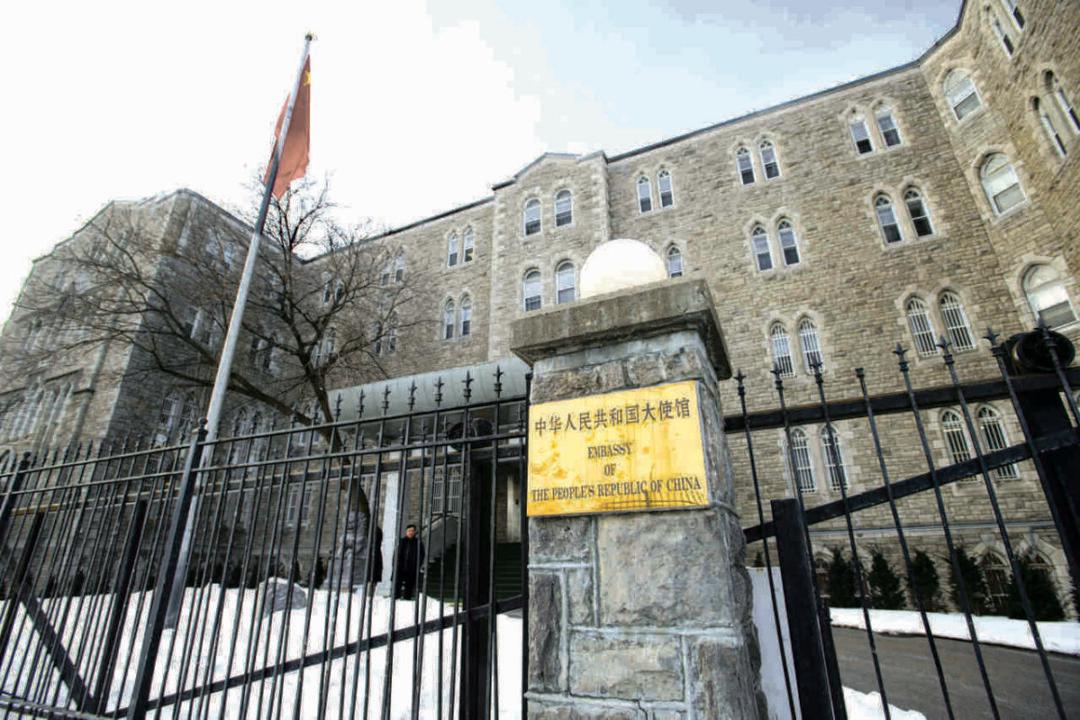Canada has a “serious problem” when it comes to foreign interference by the Chinese Communist Party (CCP), according to a new study that investigated the regime’s harassment and intimidation of Chinese-Canadians on Canadian soil.
The research, based on a survey conducted by think tank SecondStreet.org, highlighted that most respondents believed they were targeted for their beliefs—specifically, whether they practised the Falun Gong spiritual faith or Christianity, expressed support for Hong Kong, or simply spoke out in favour of democracy.





